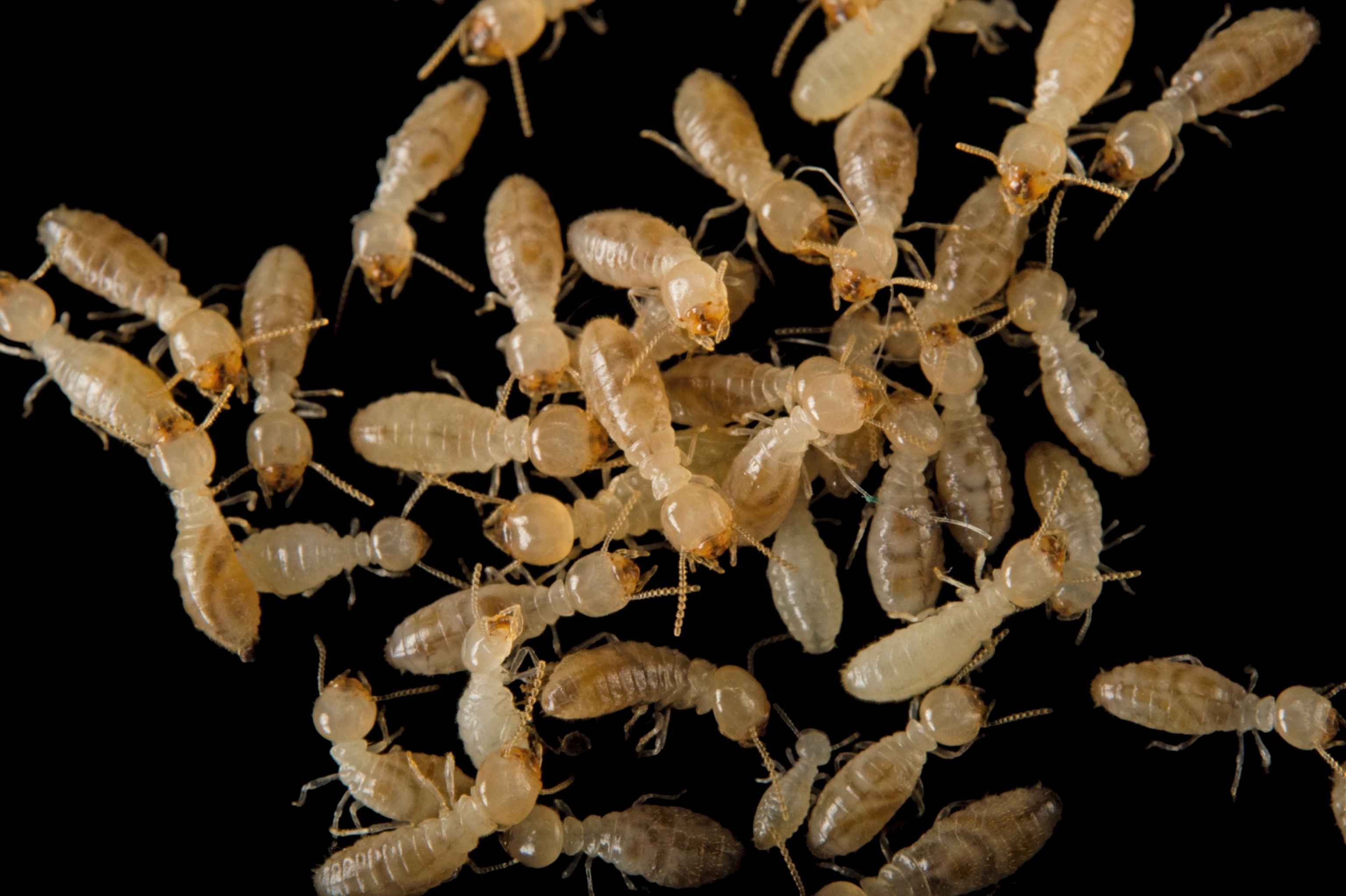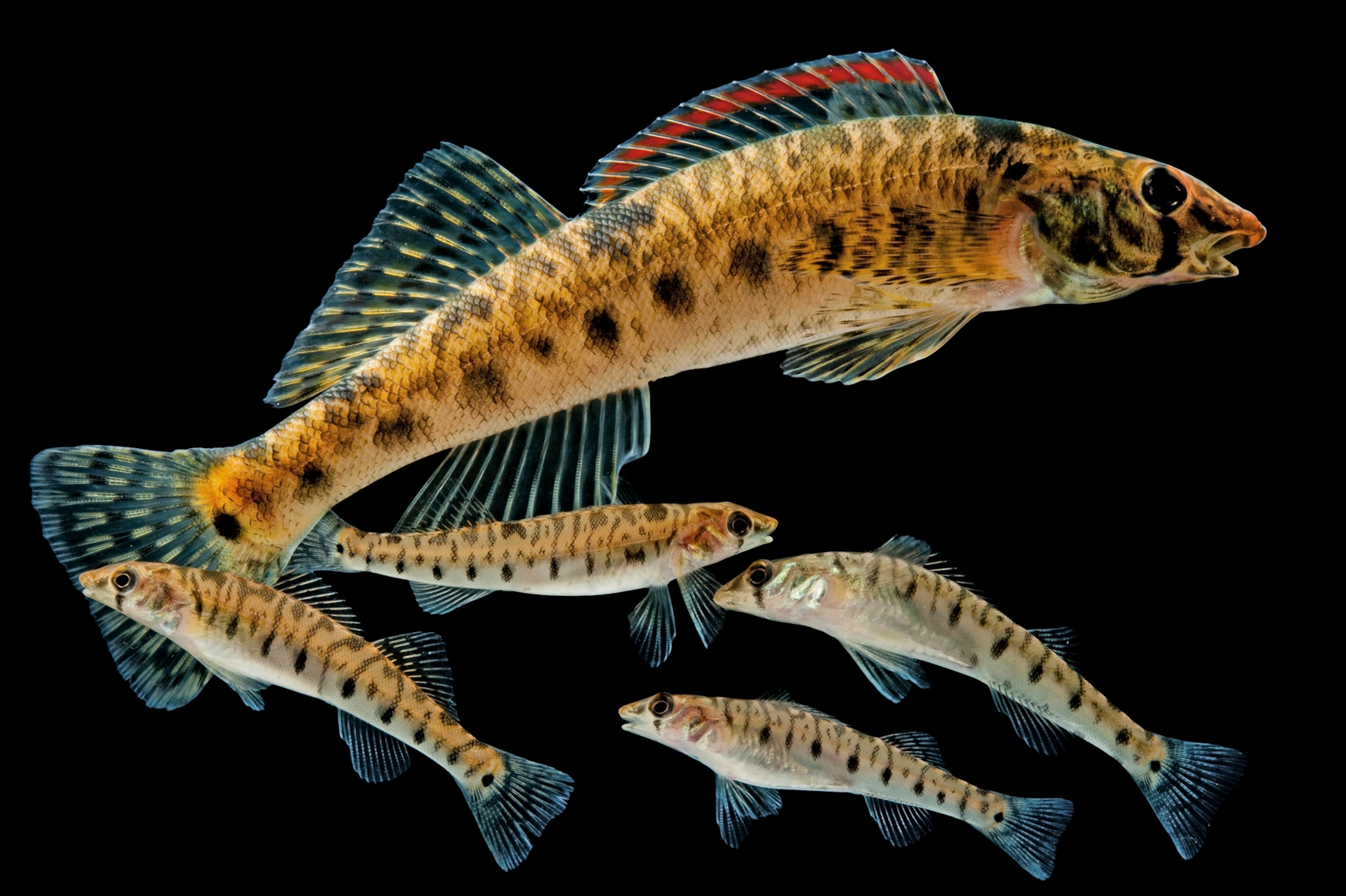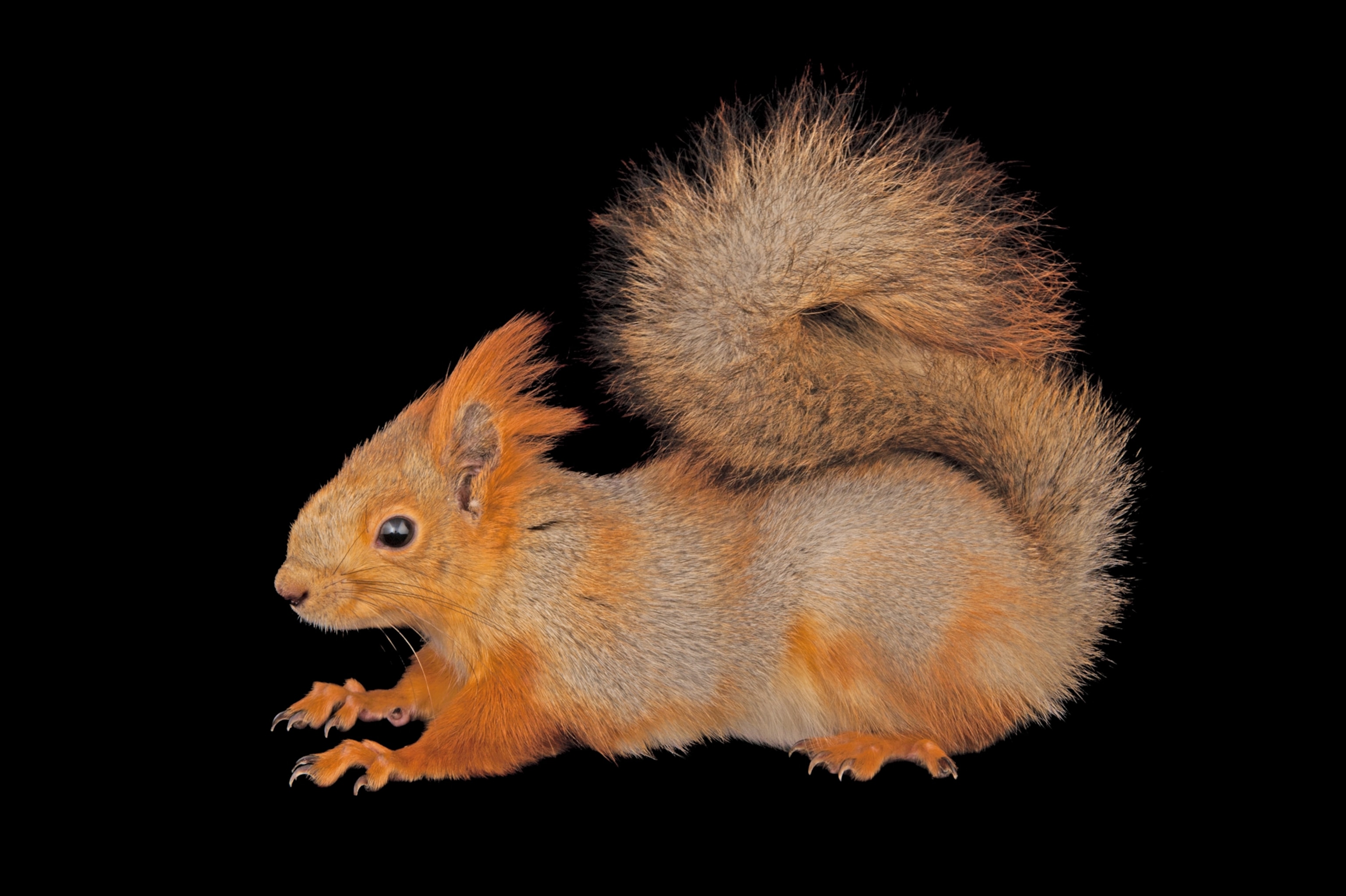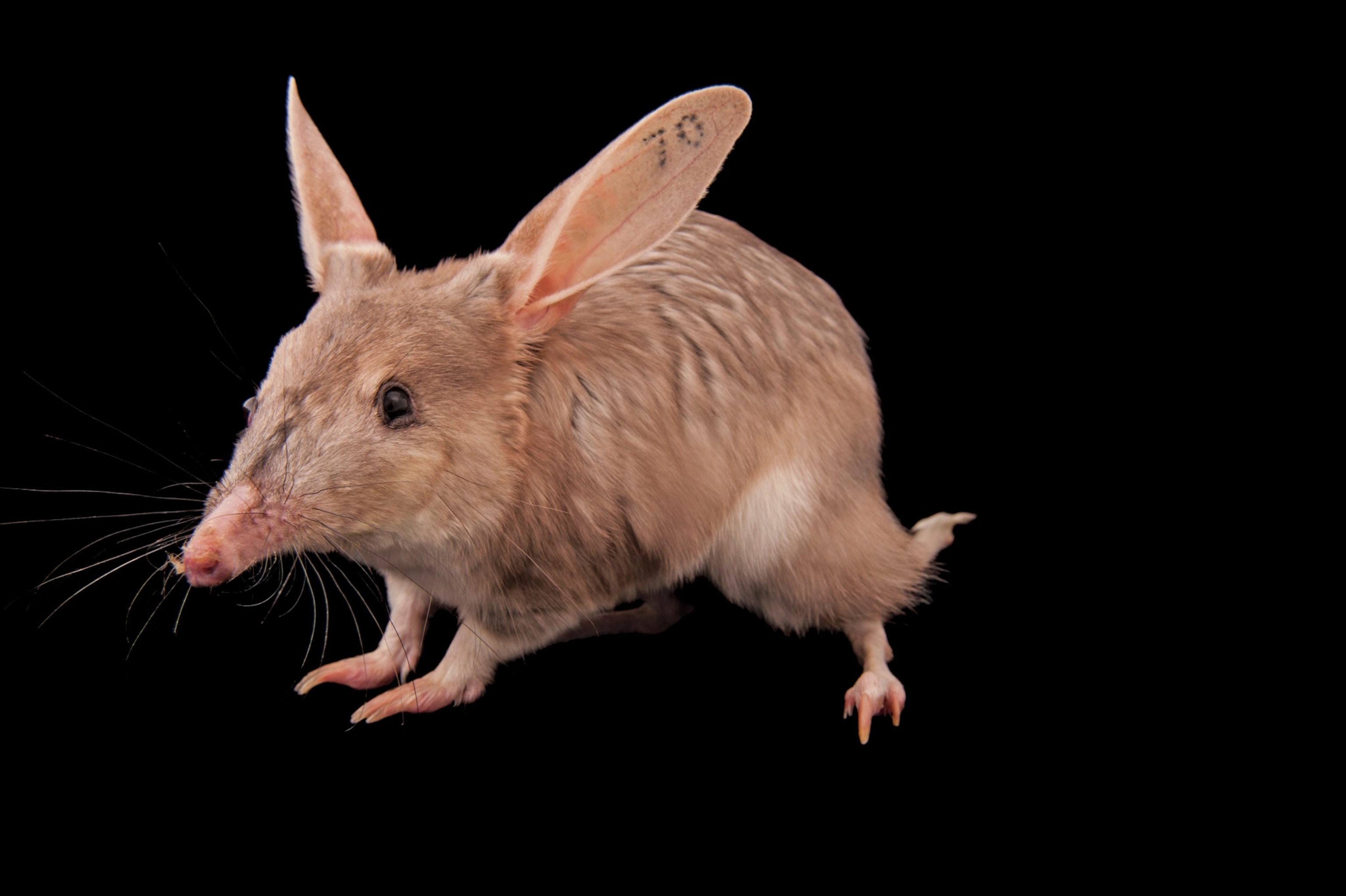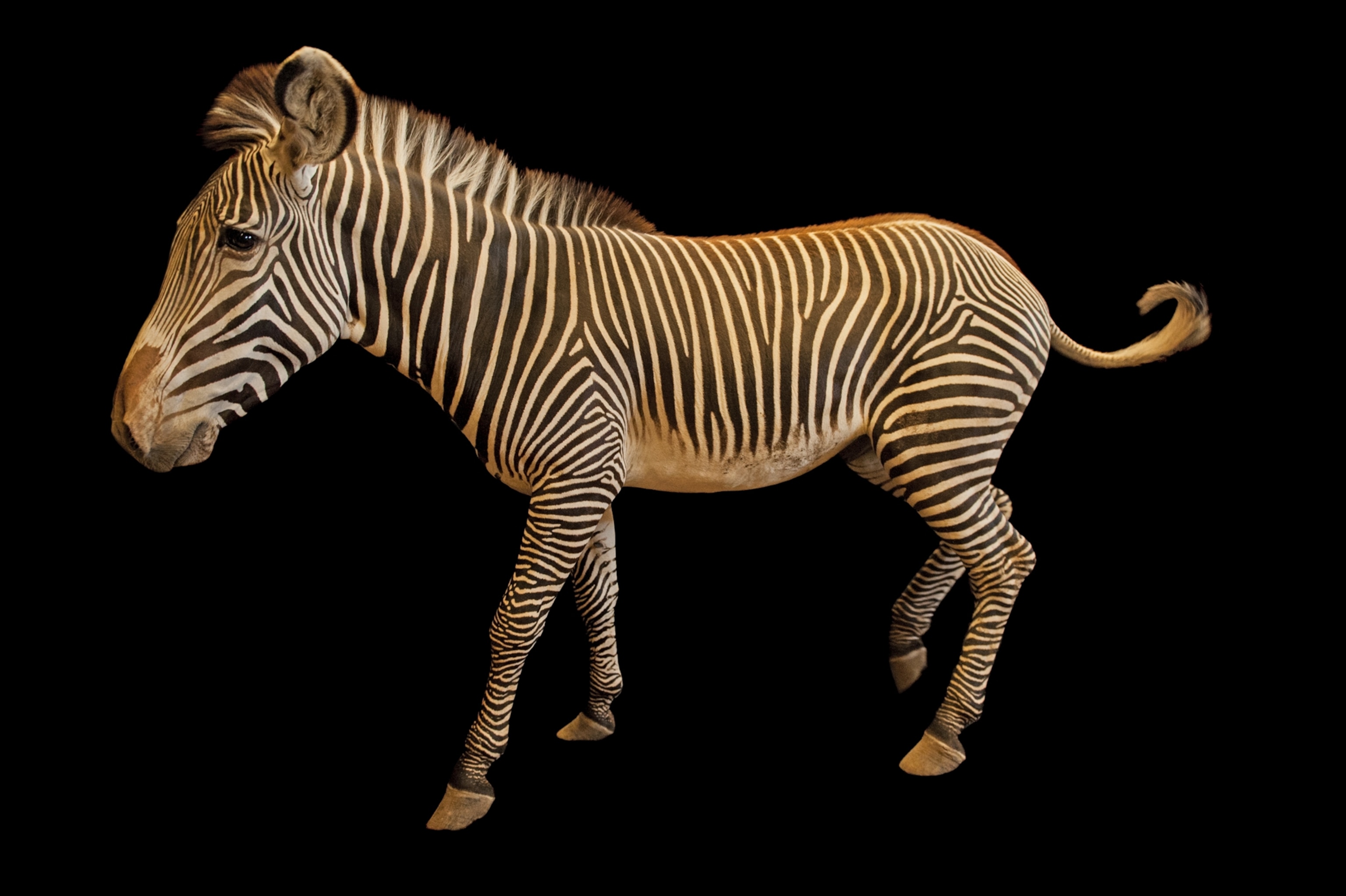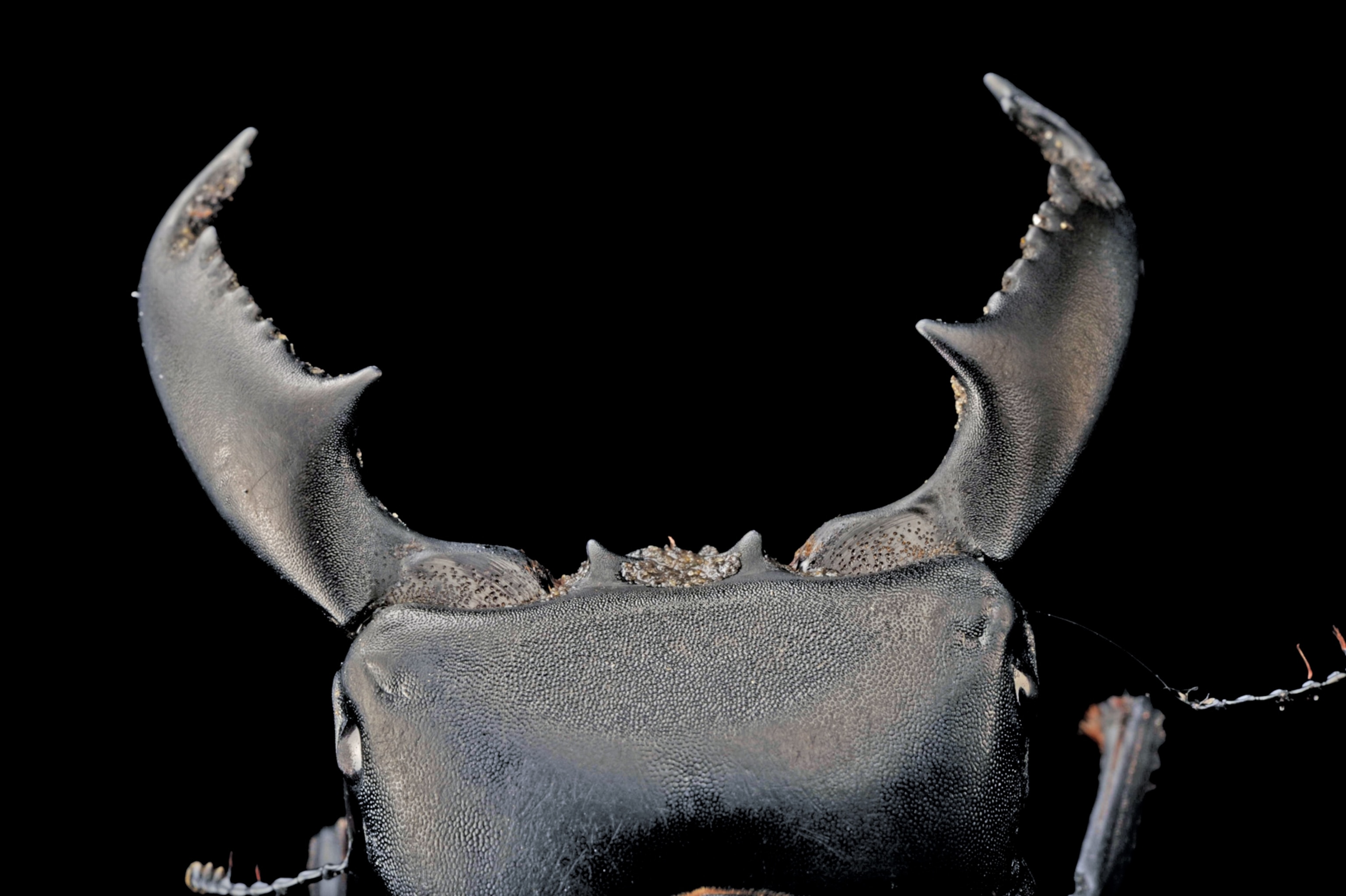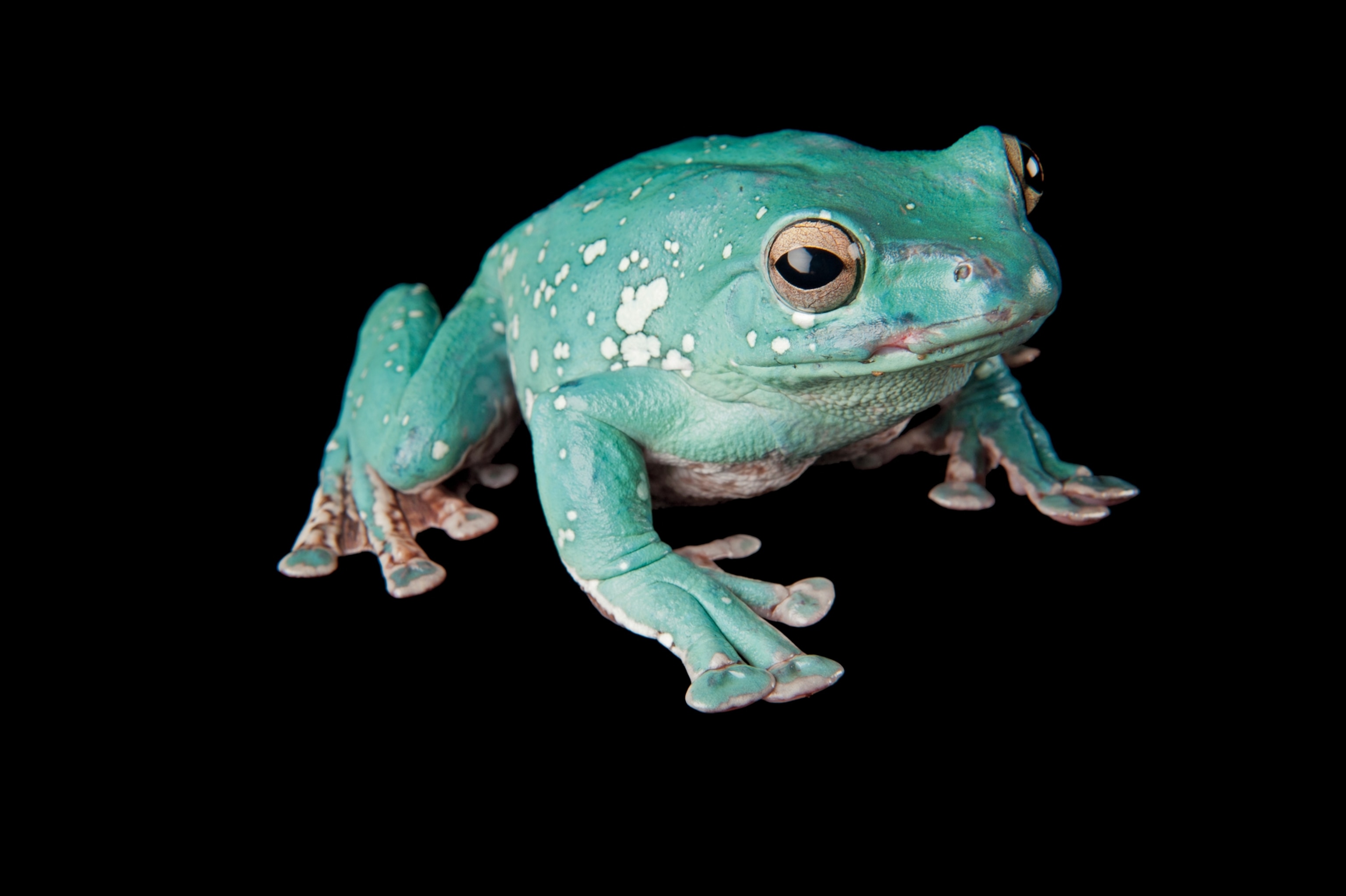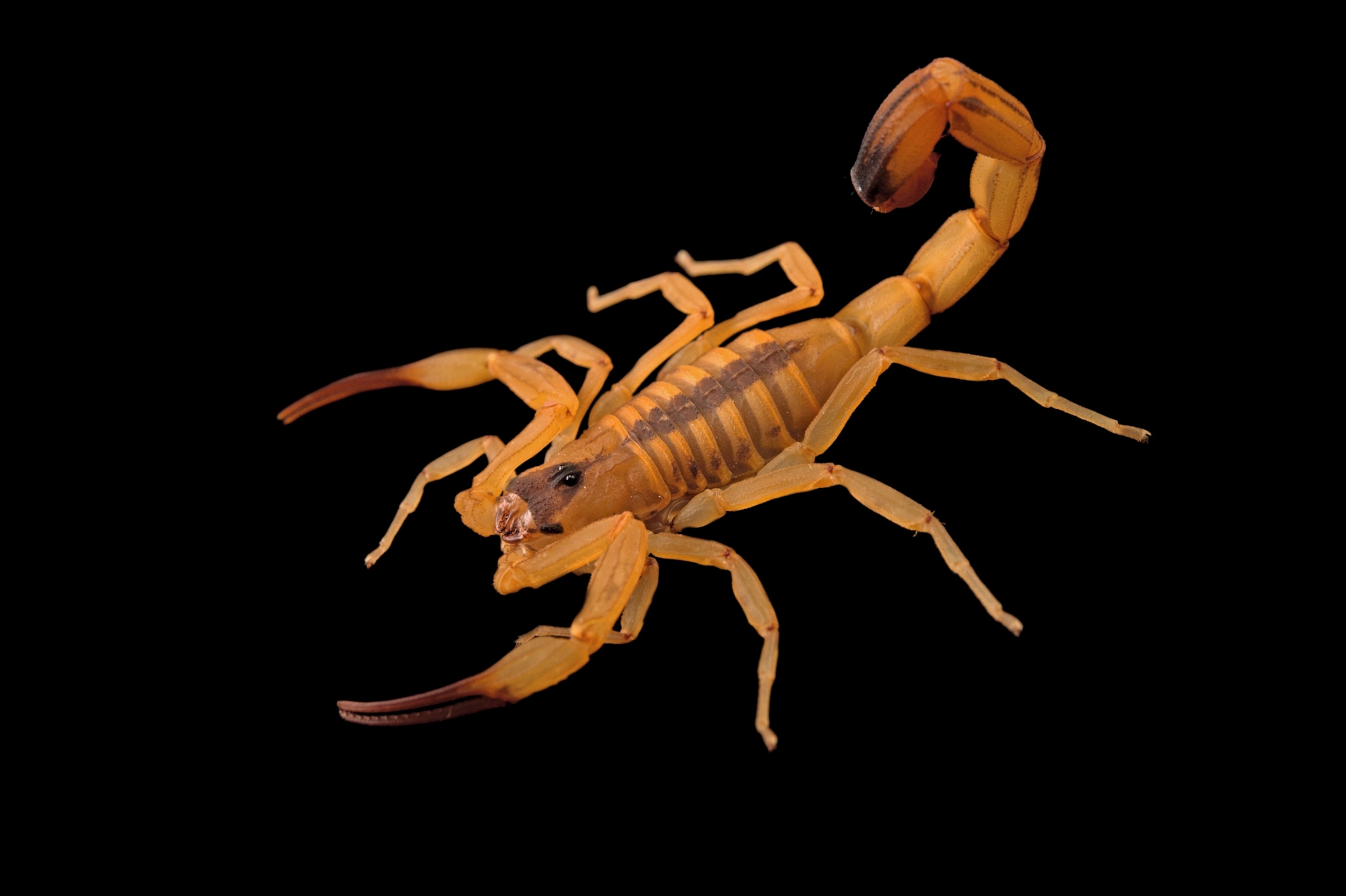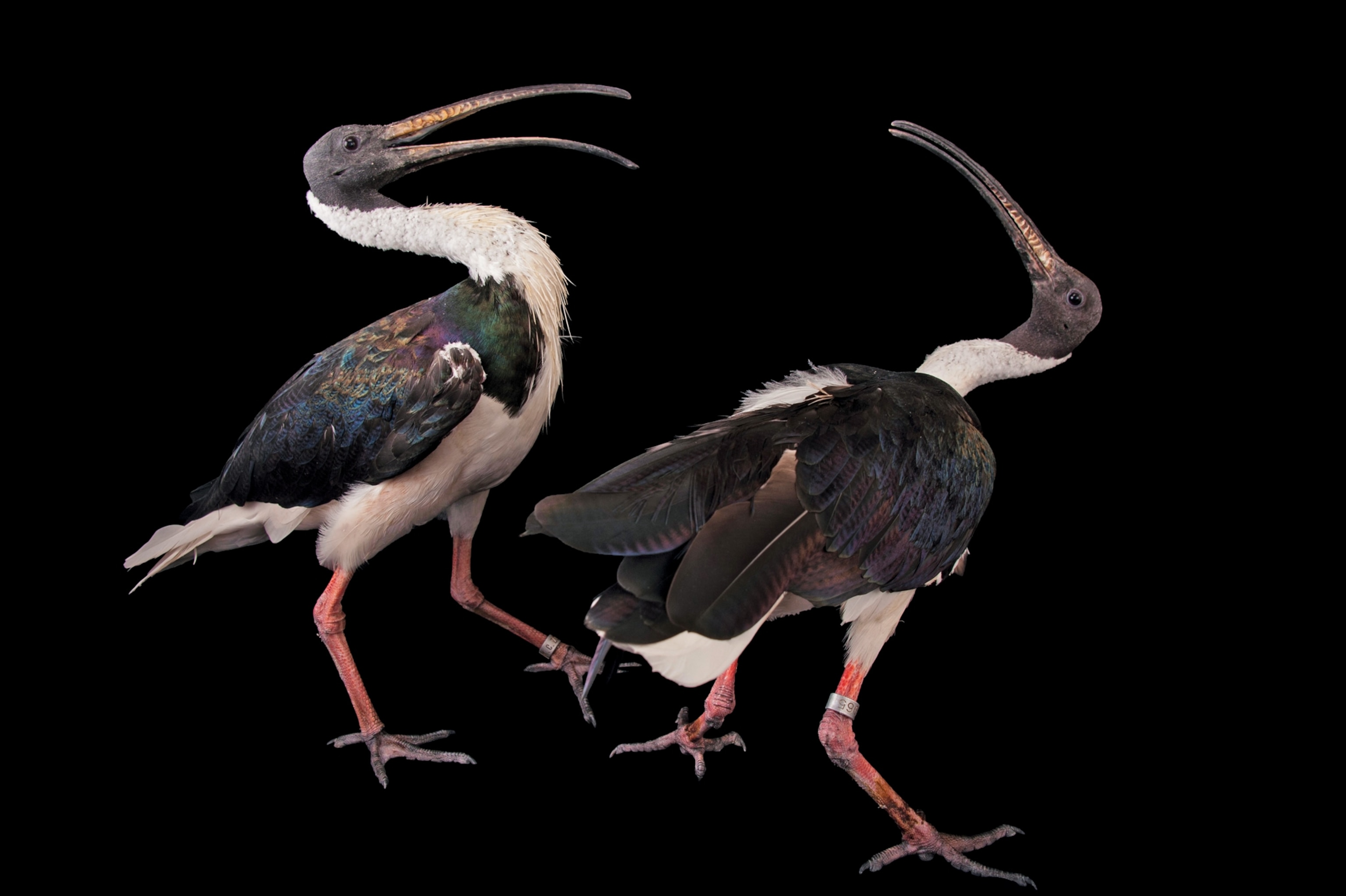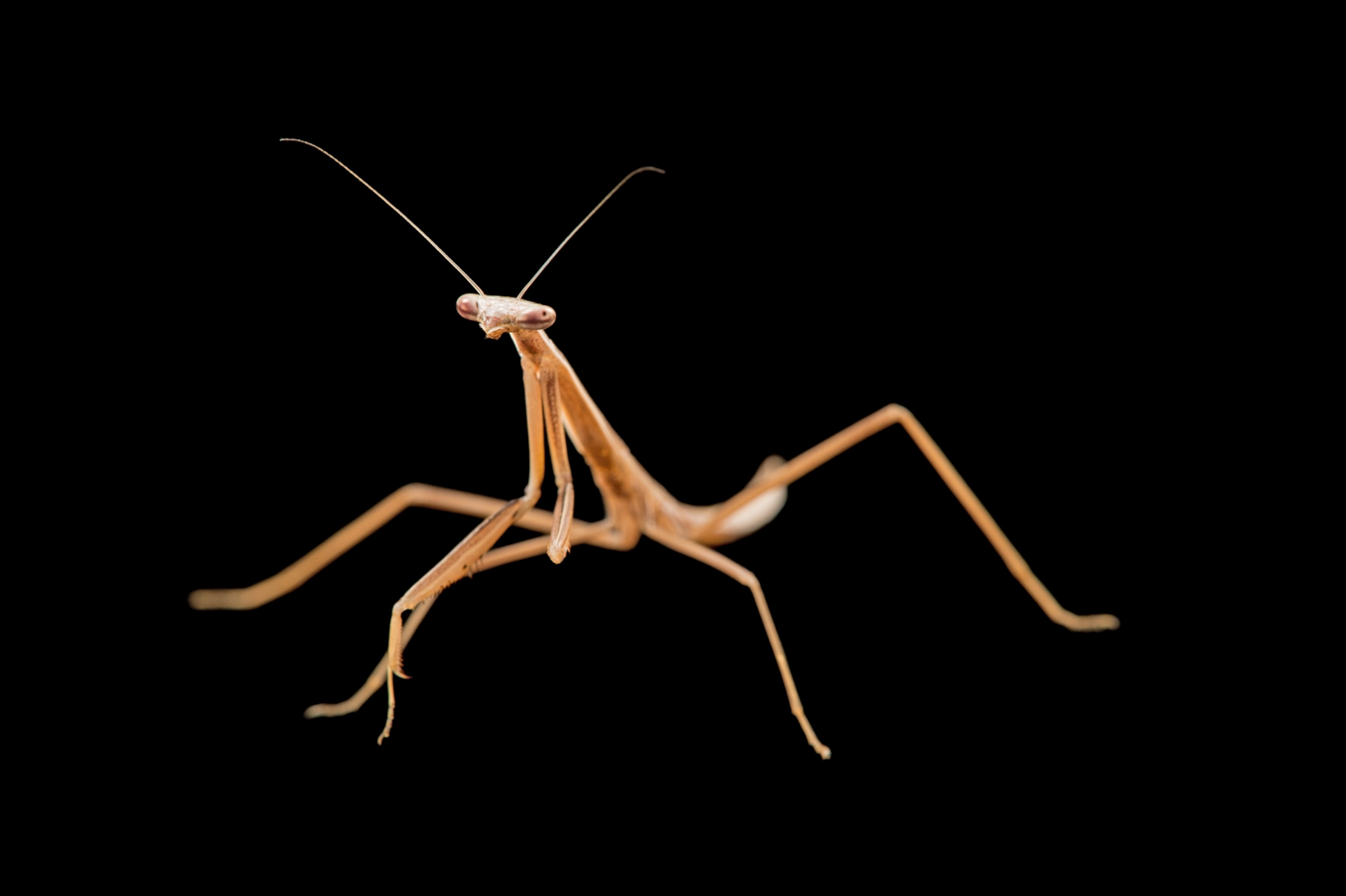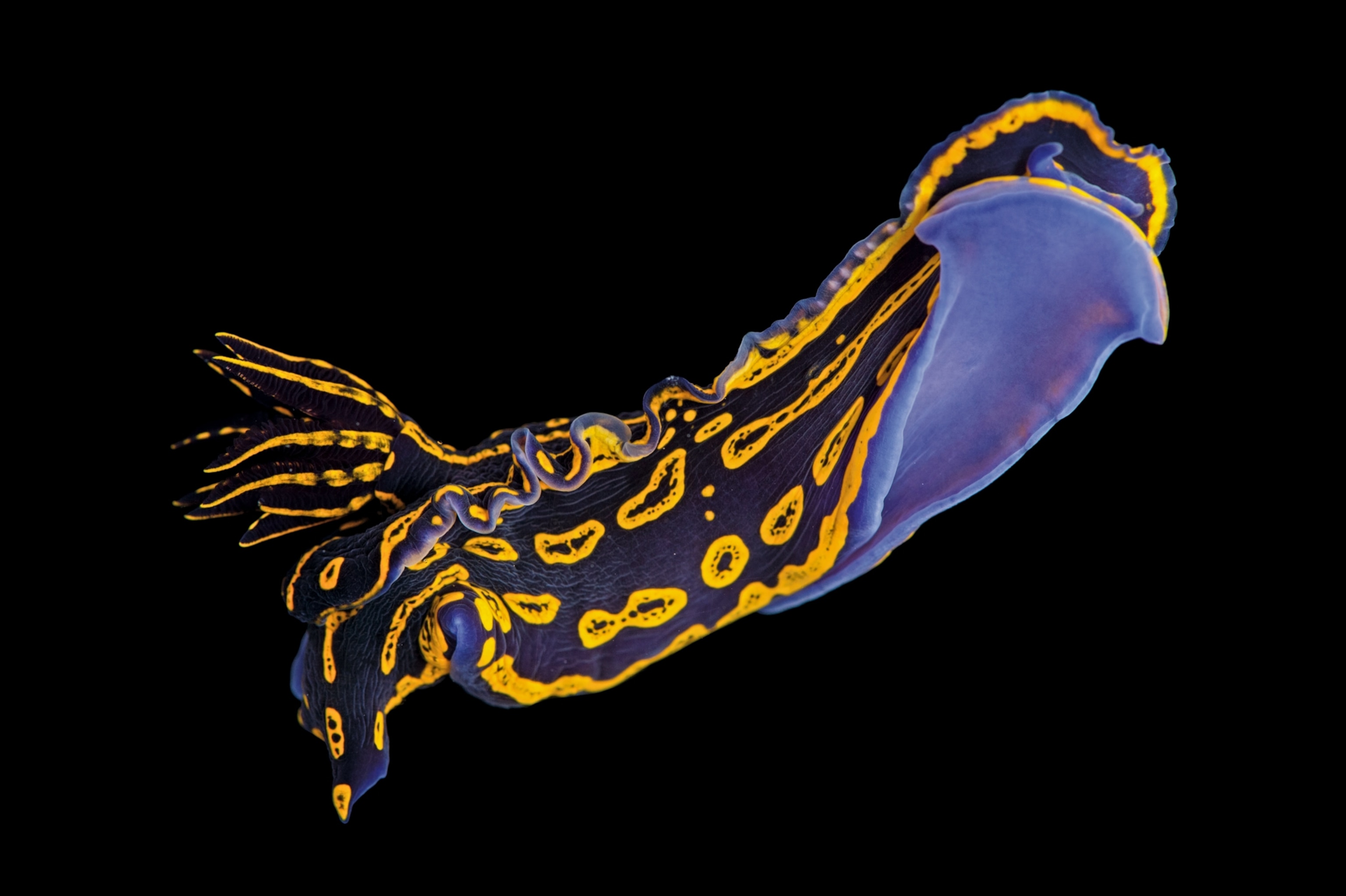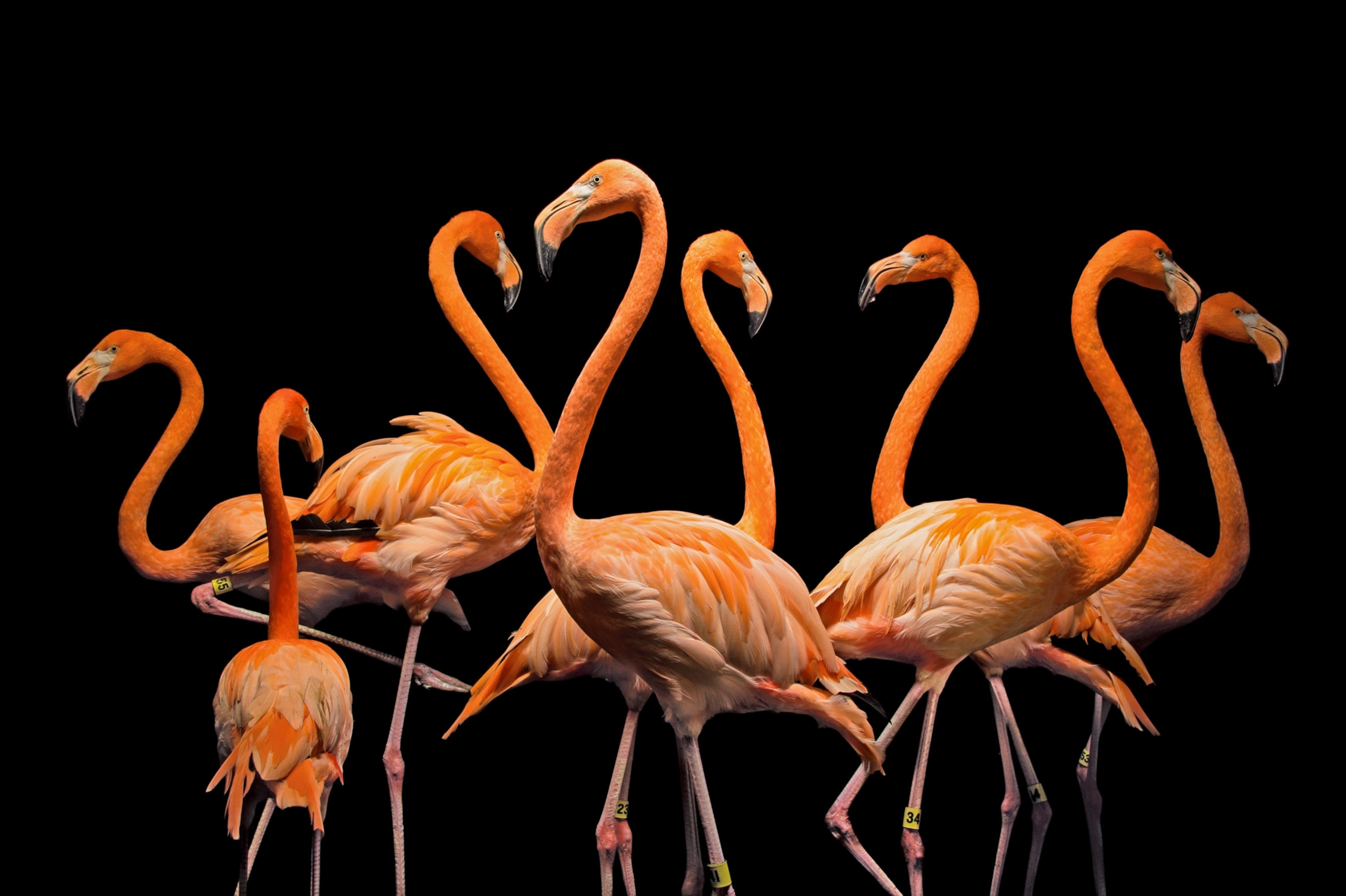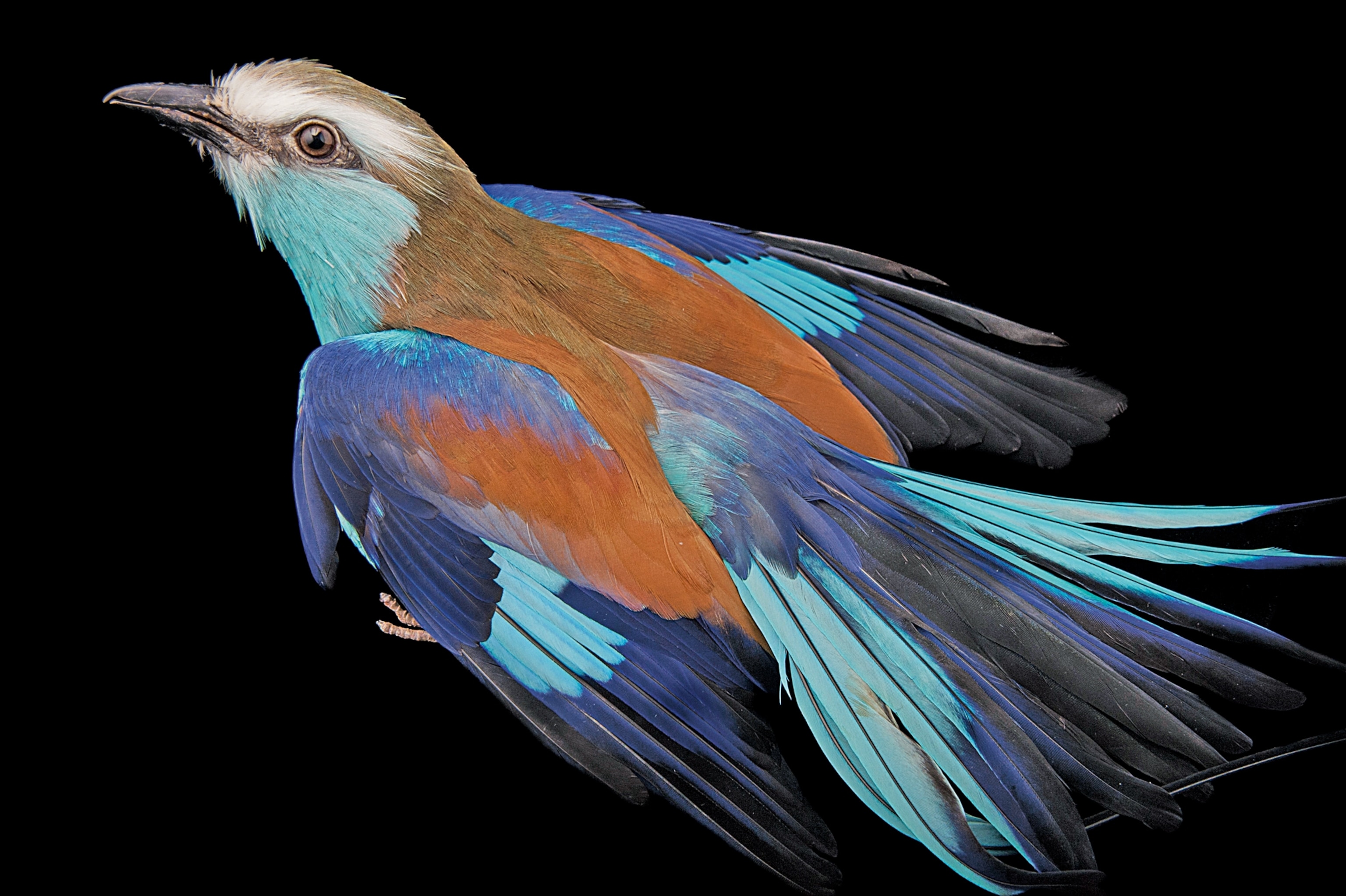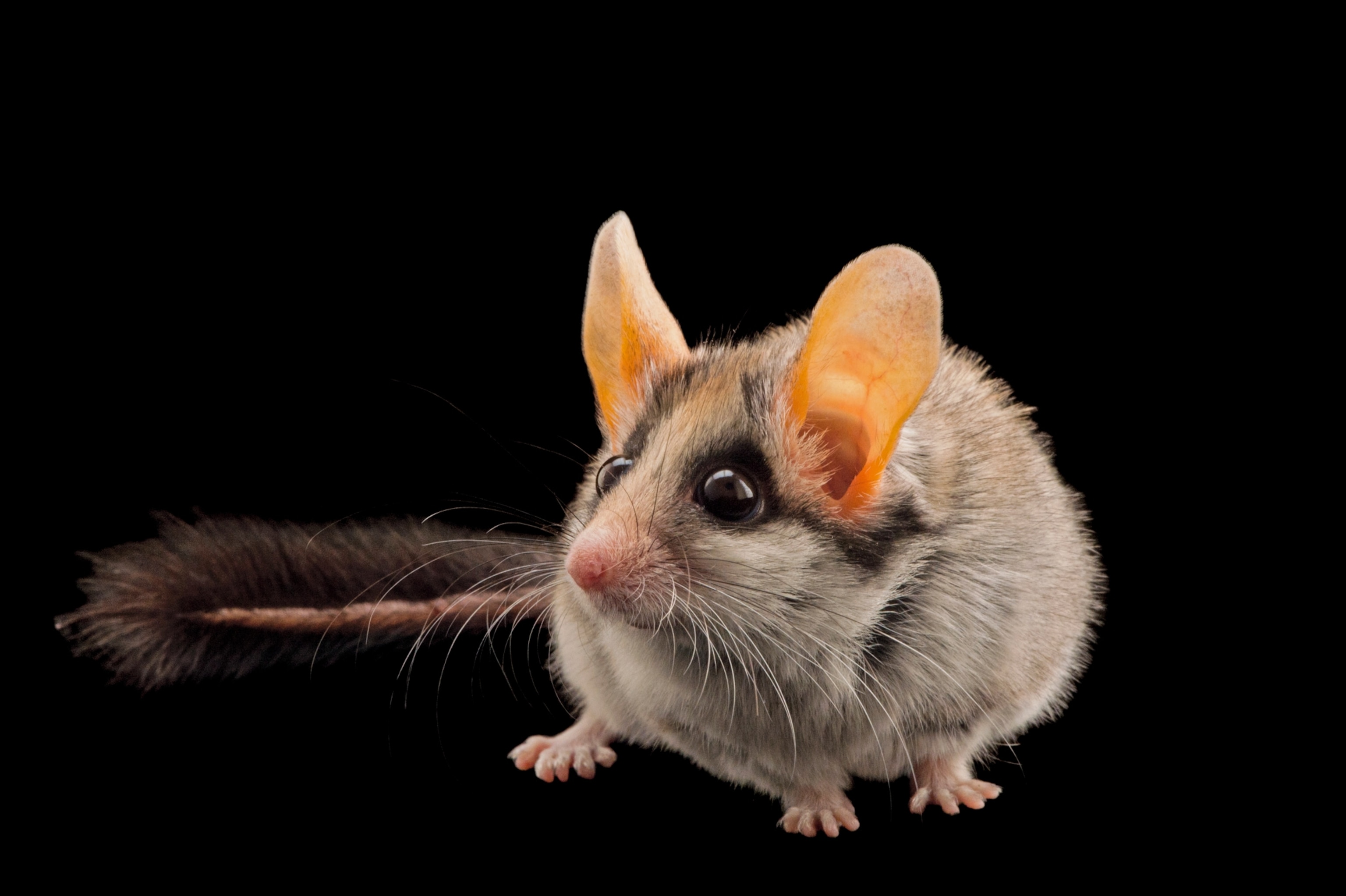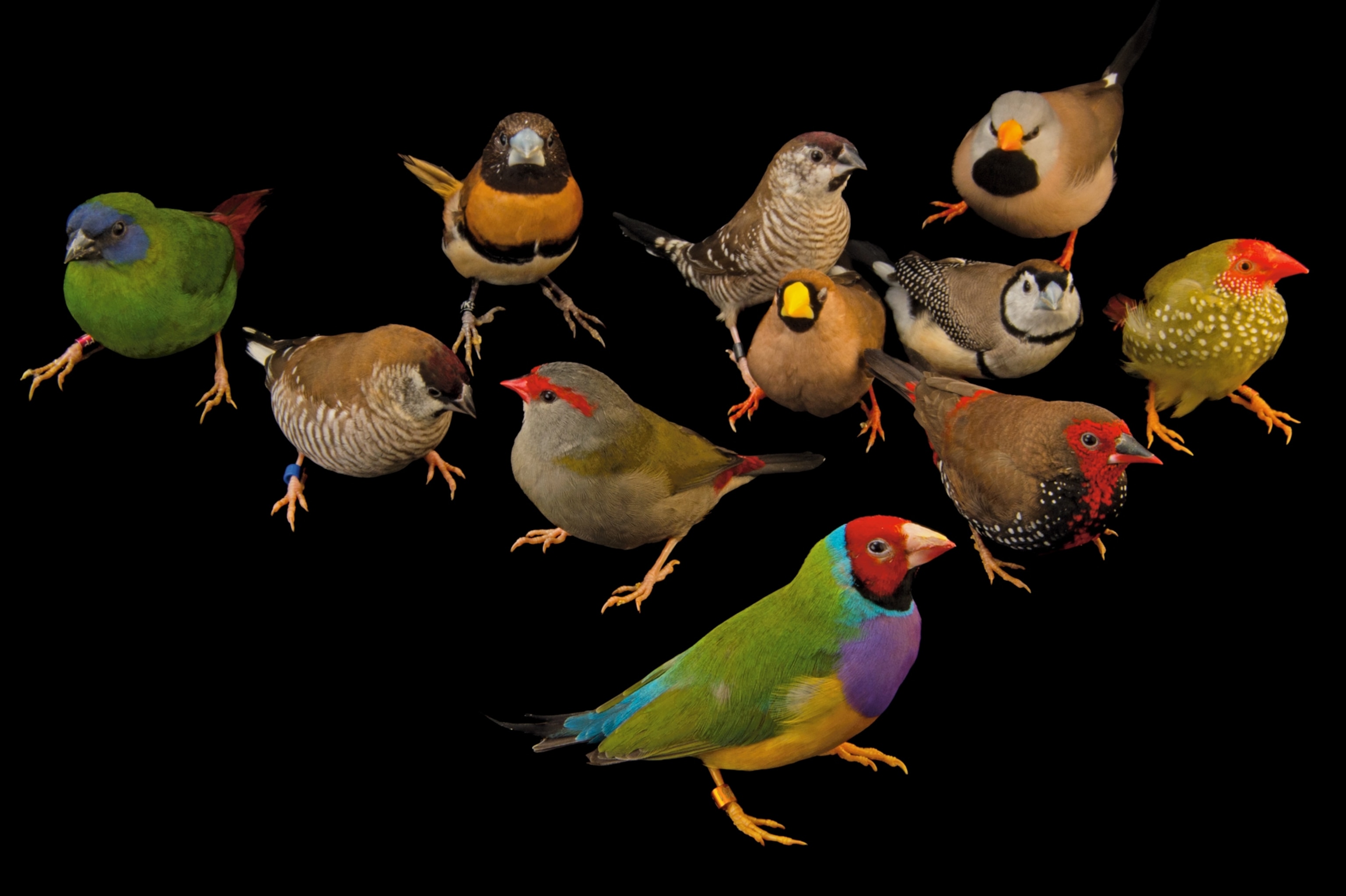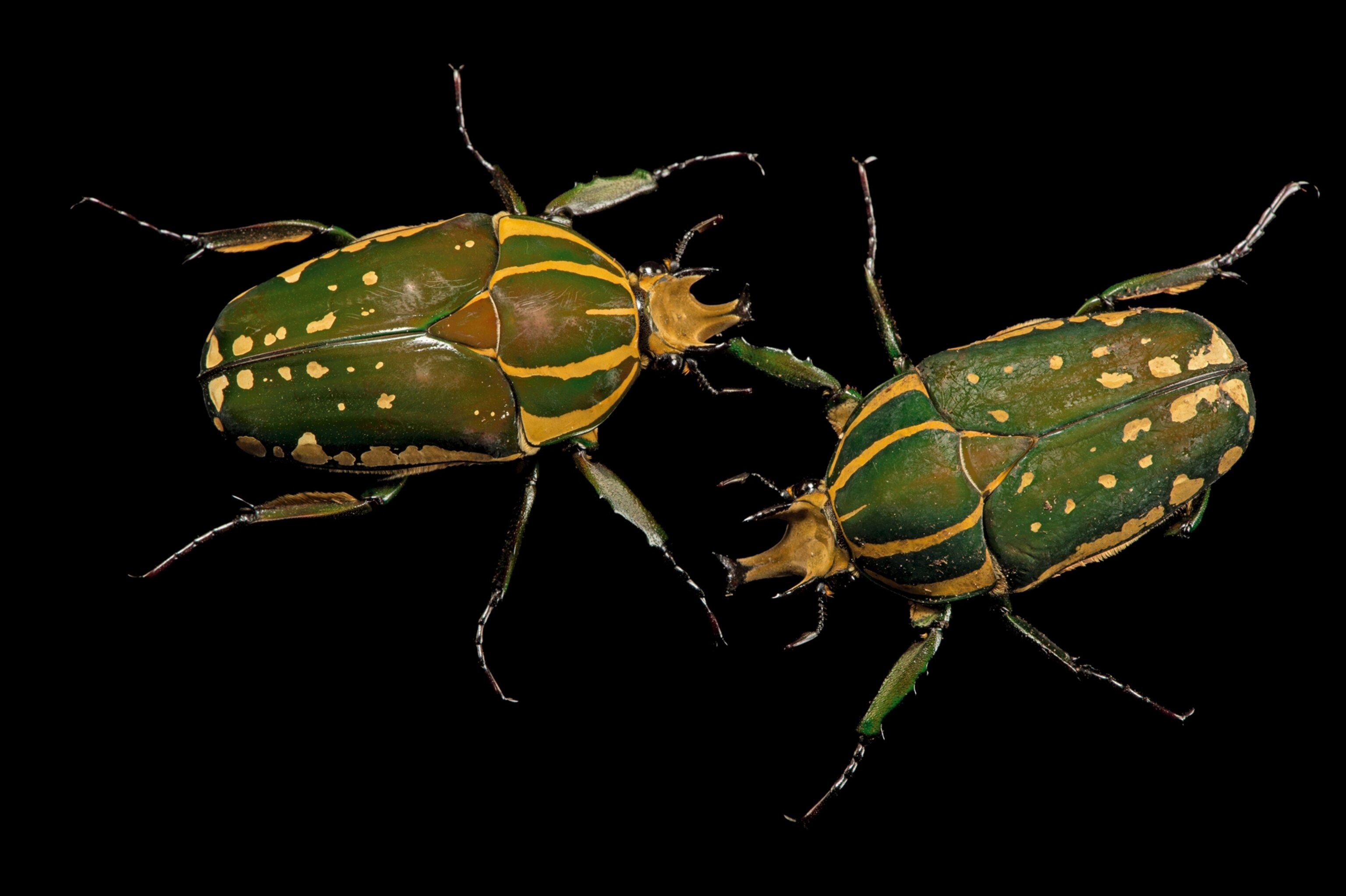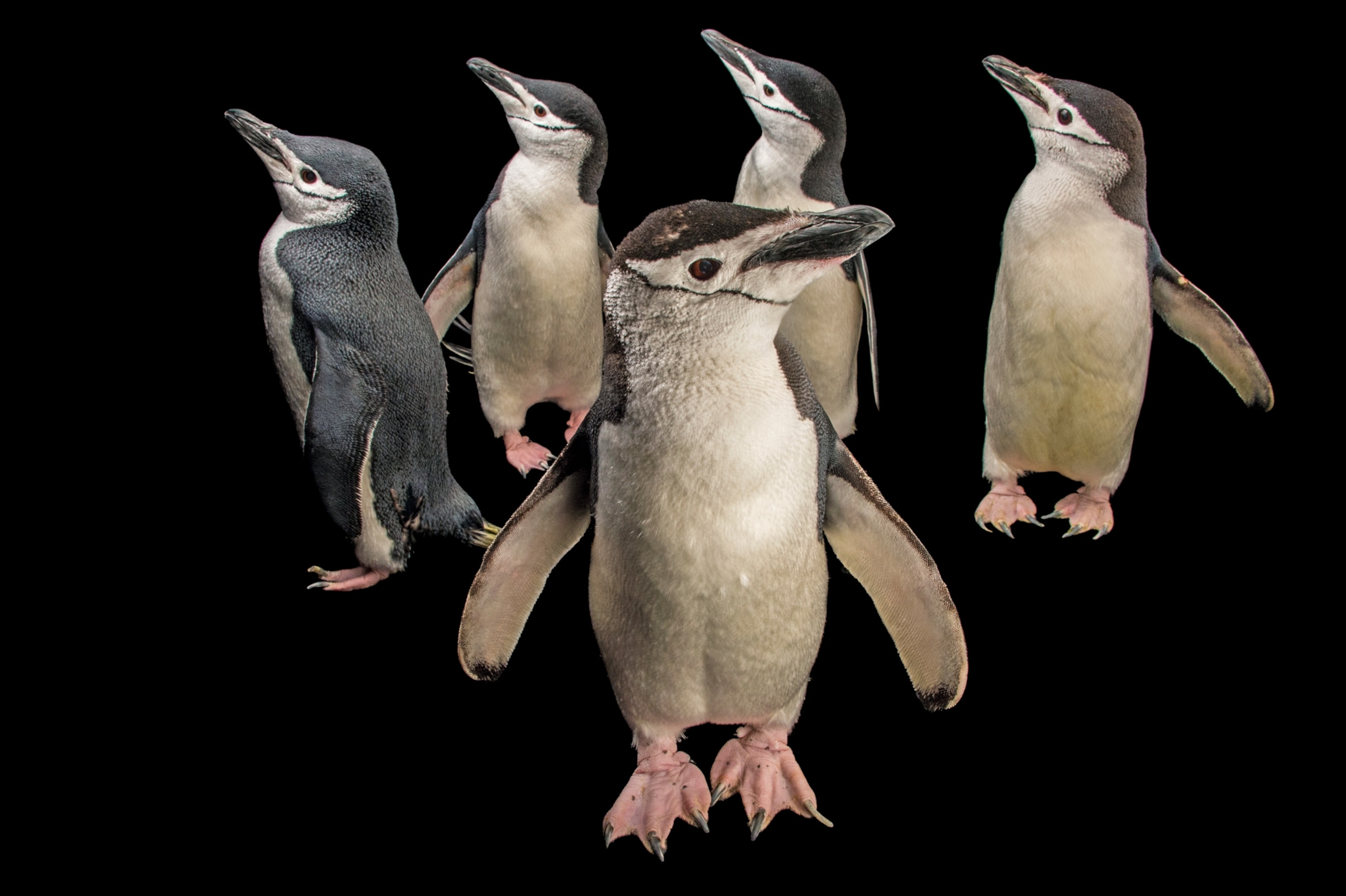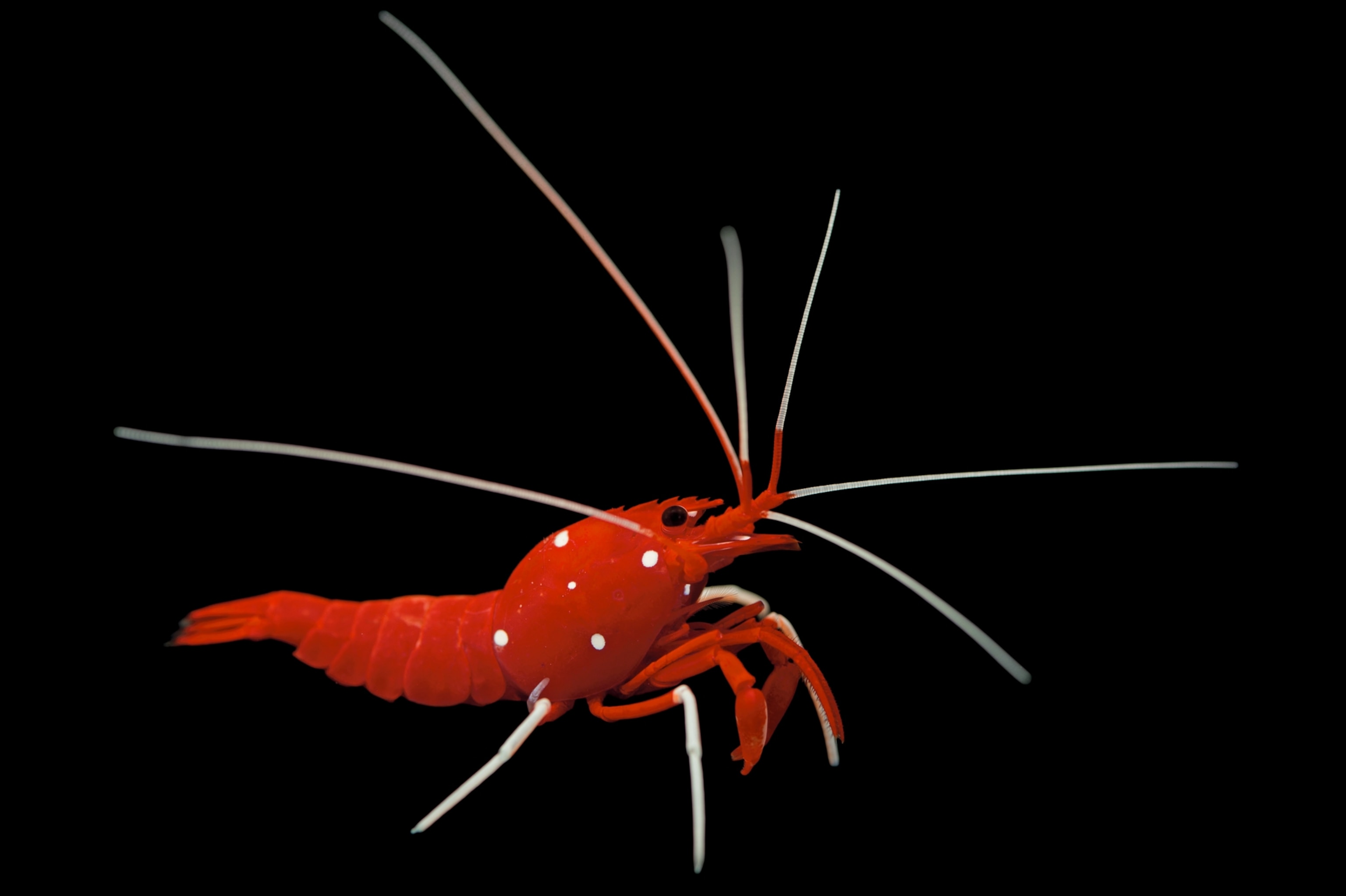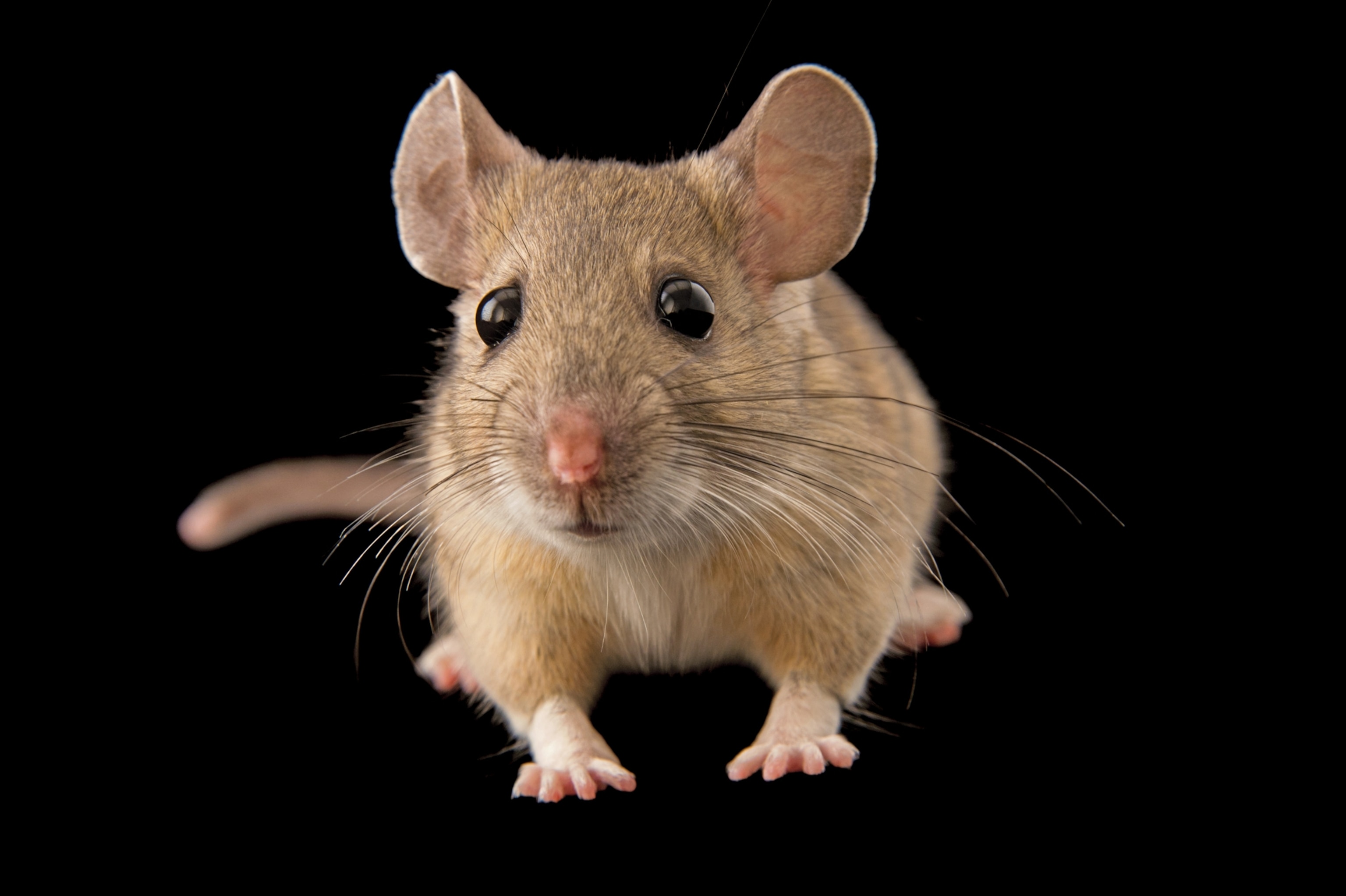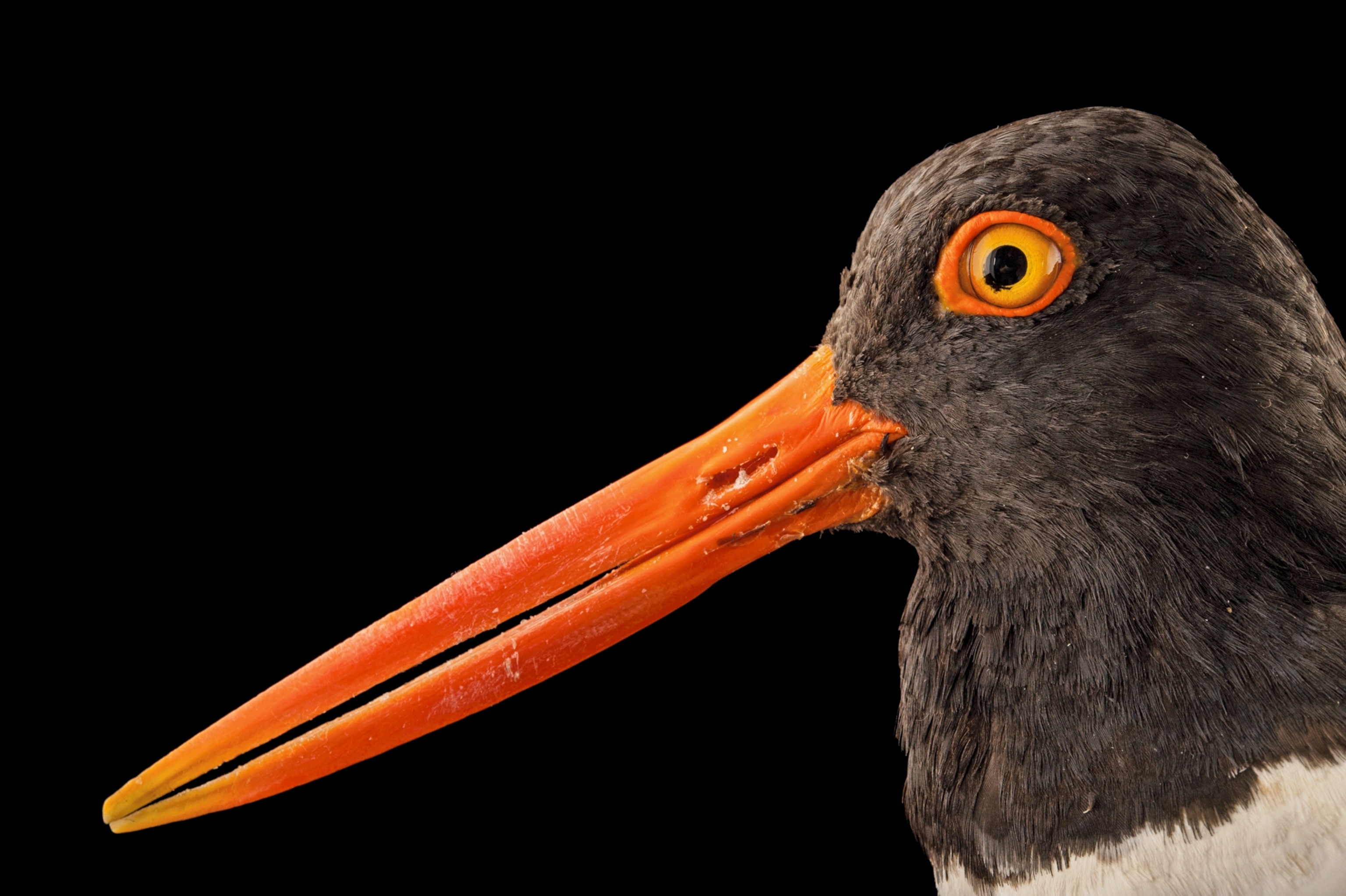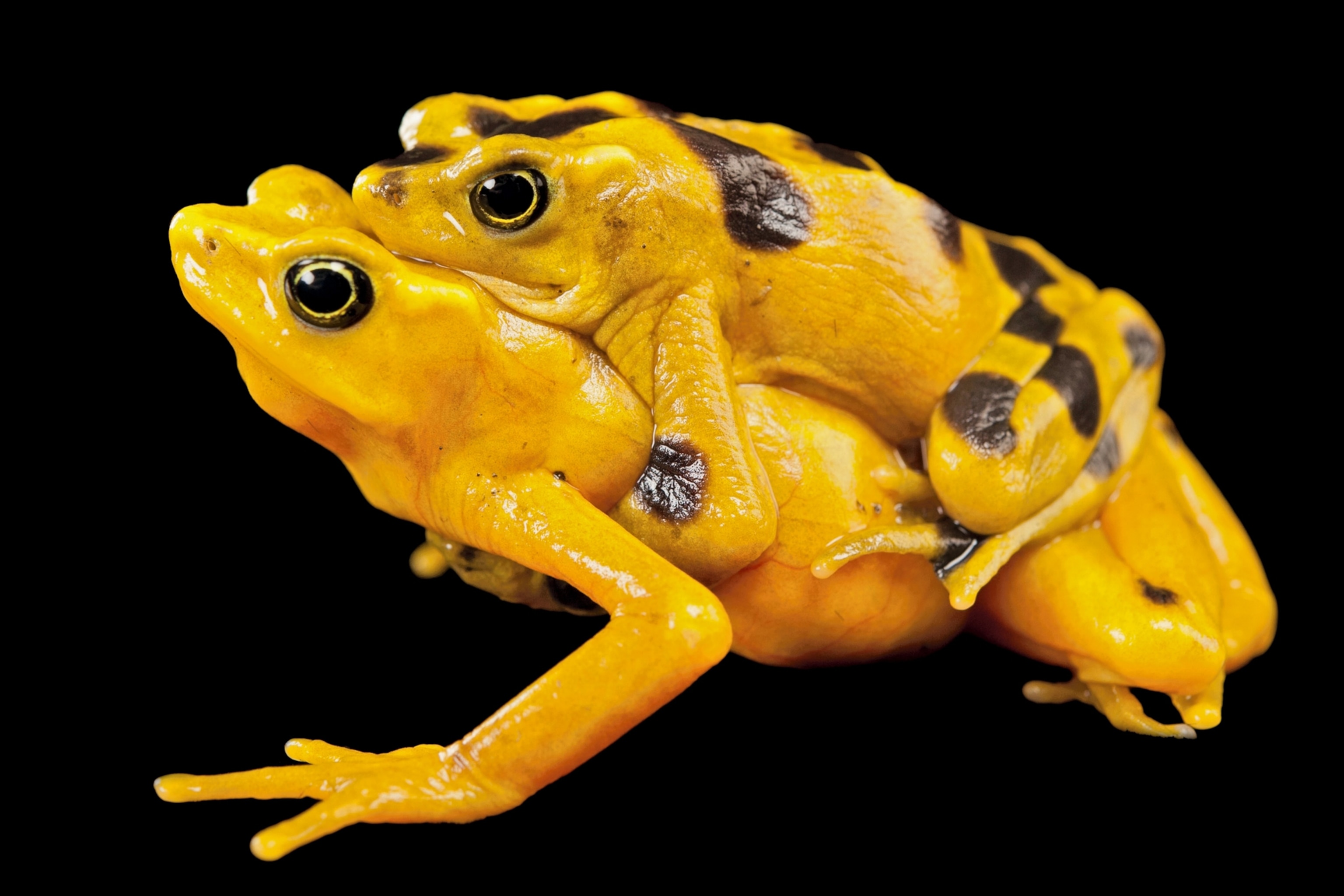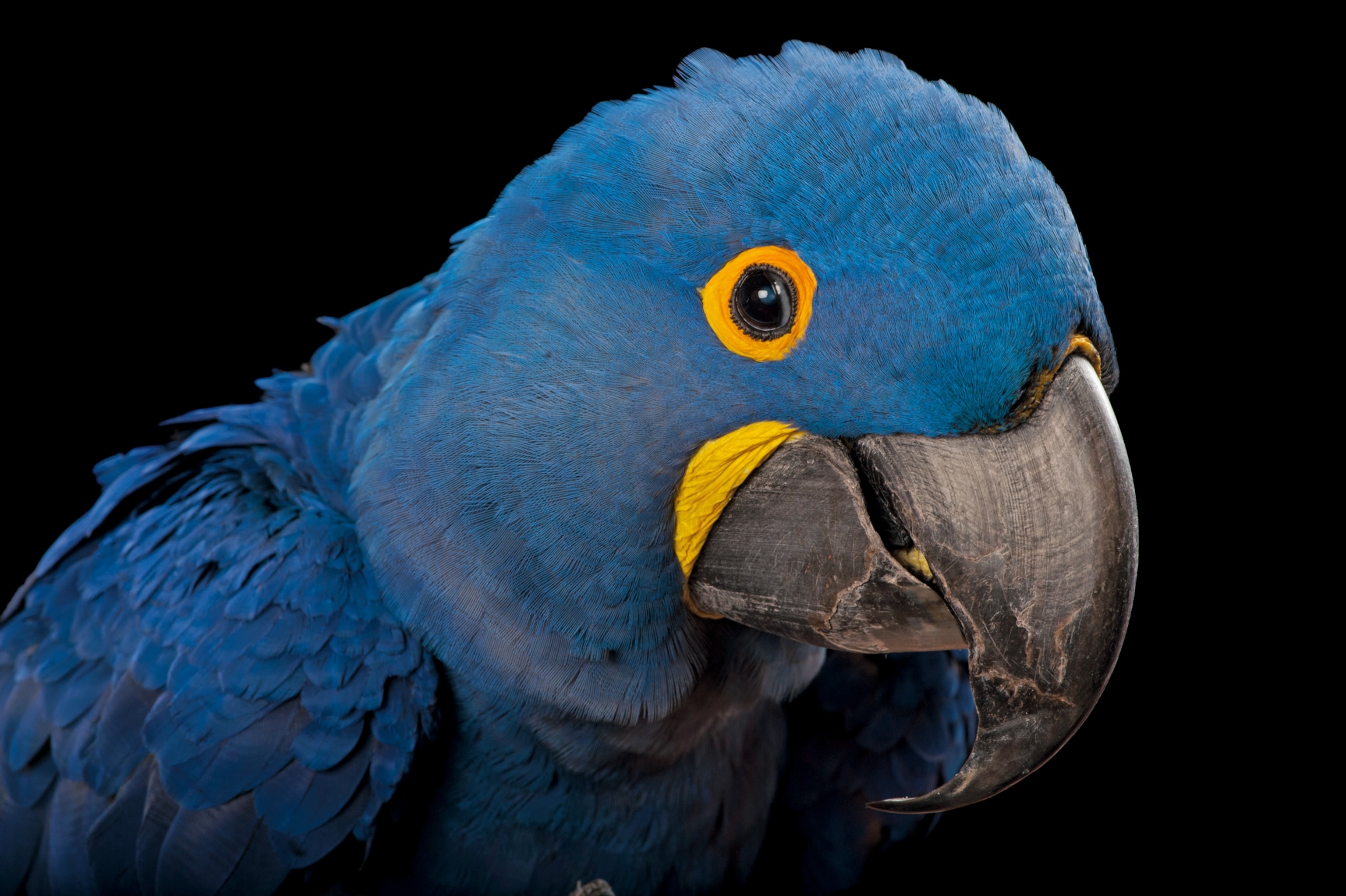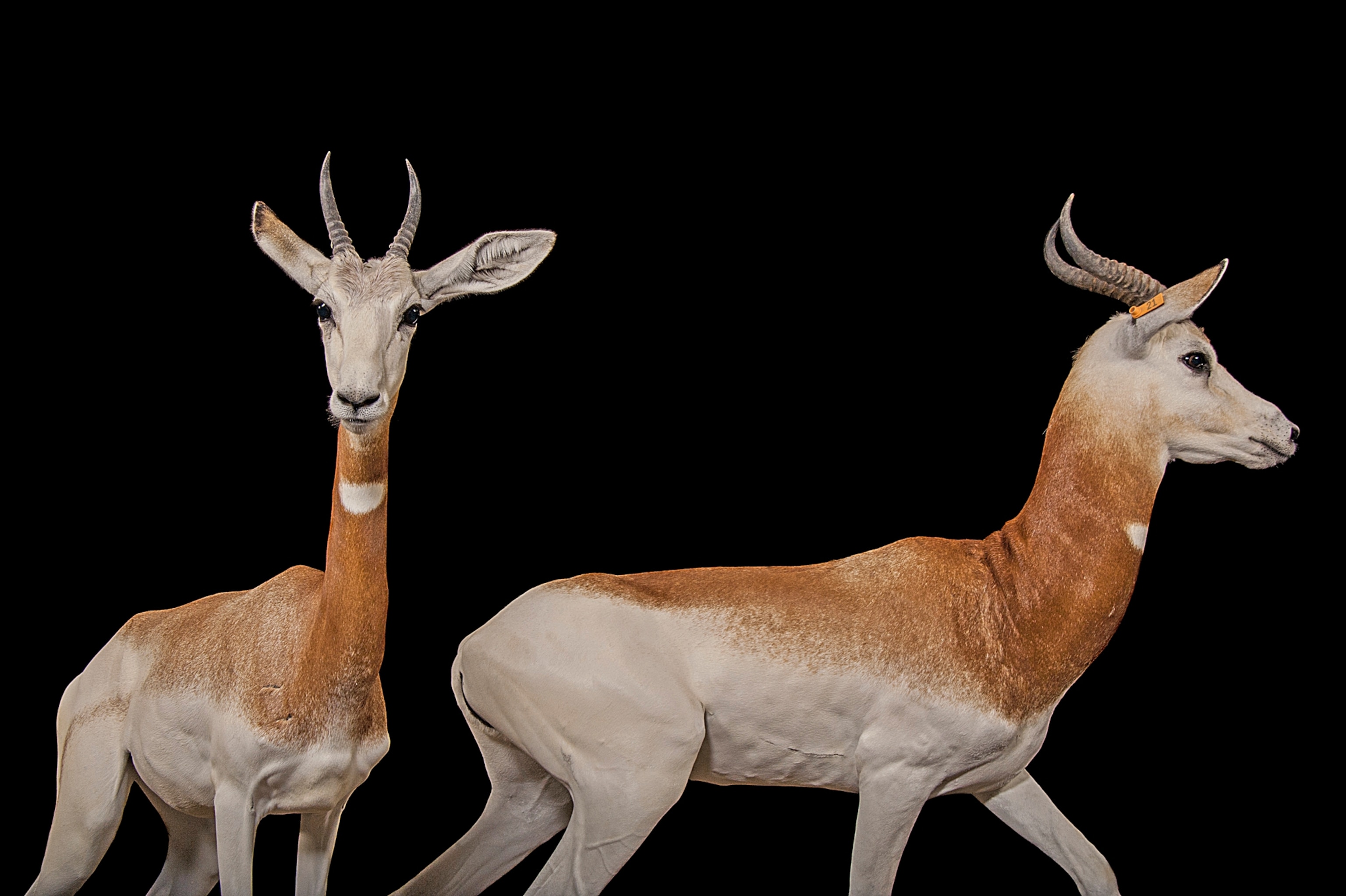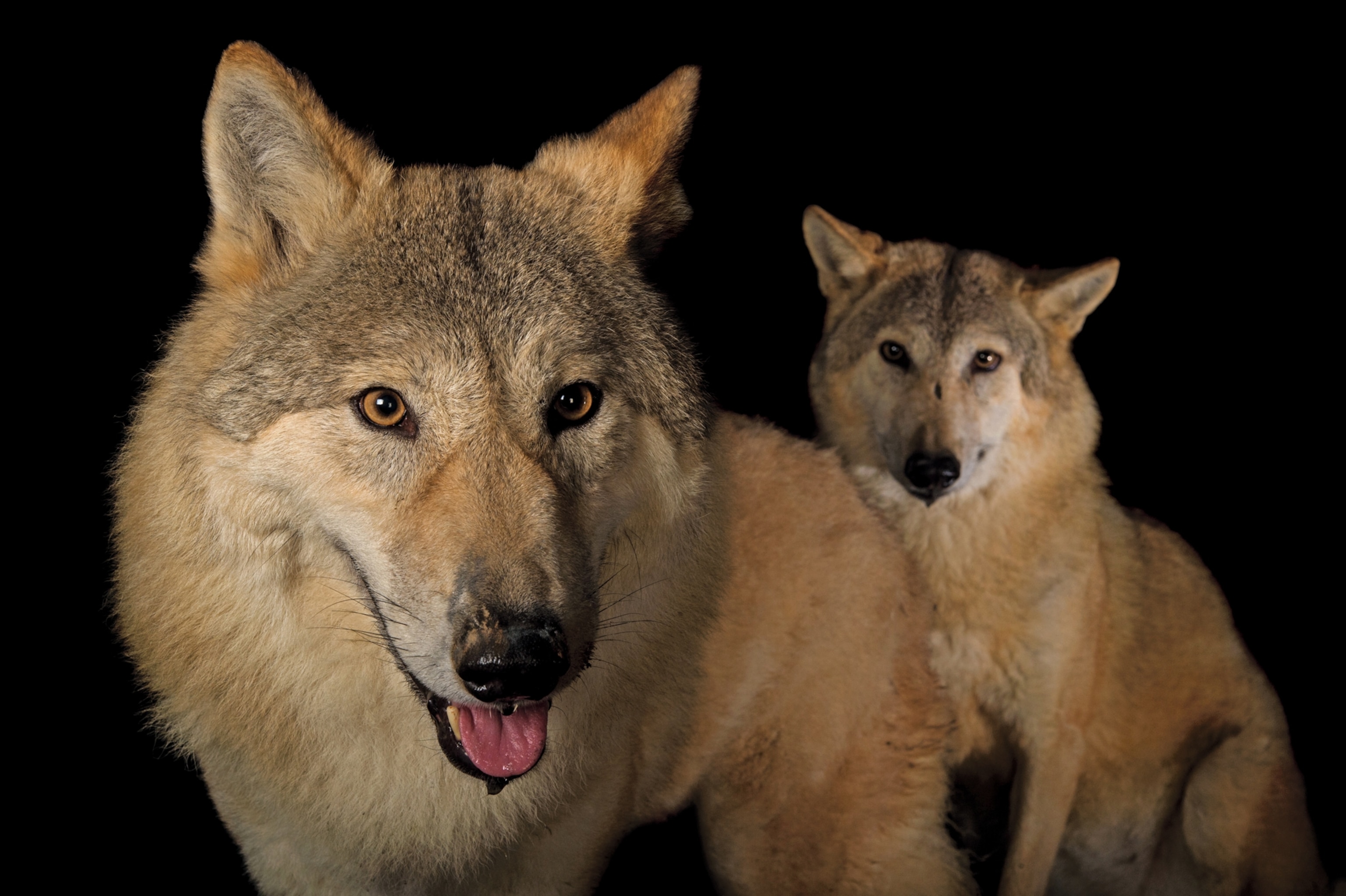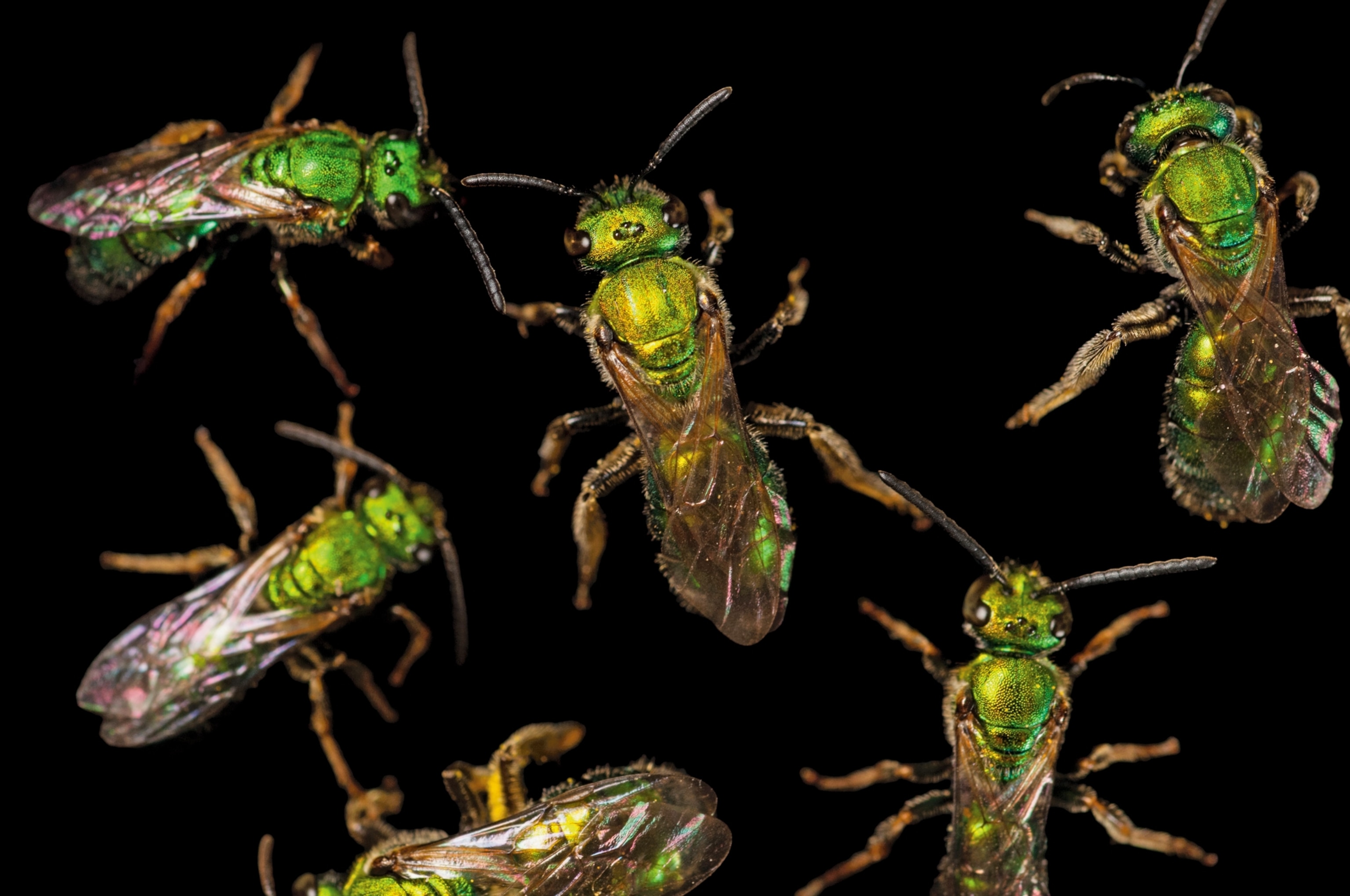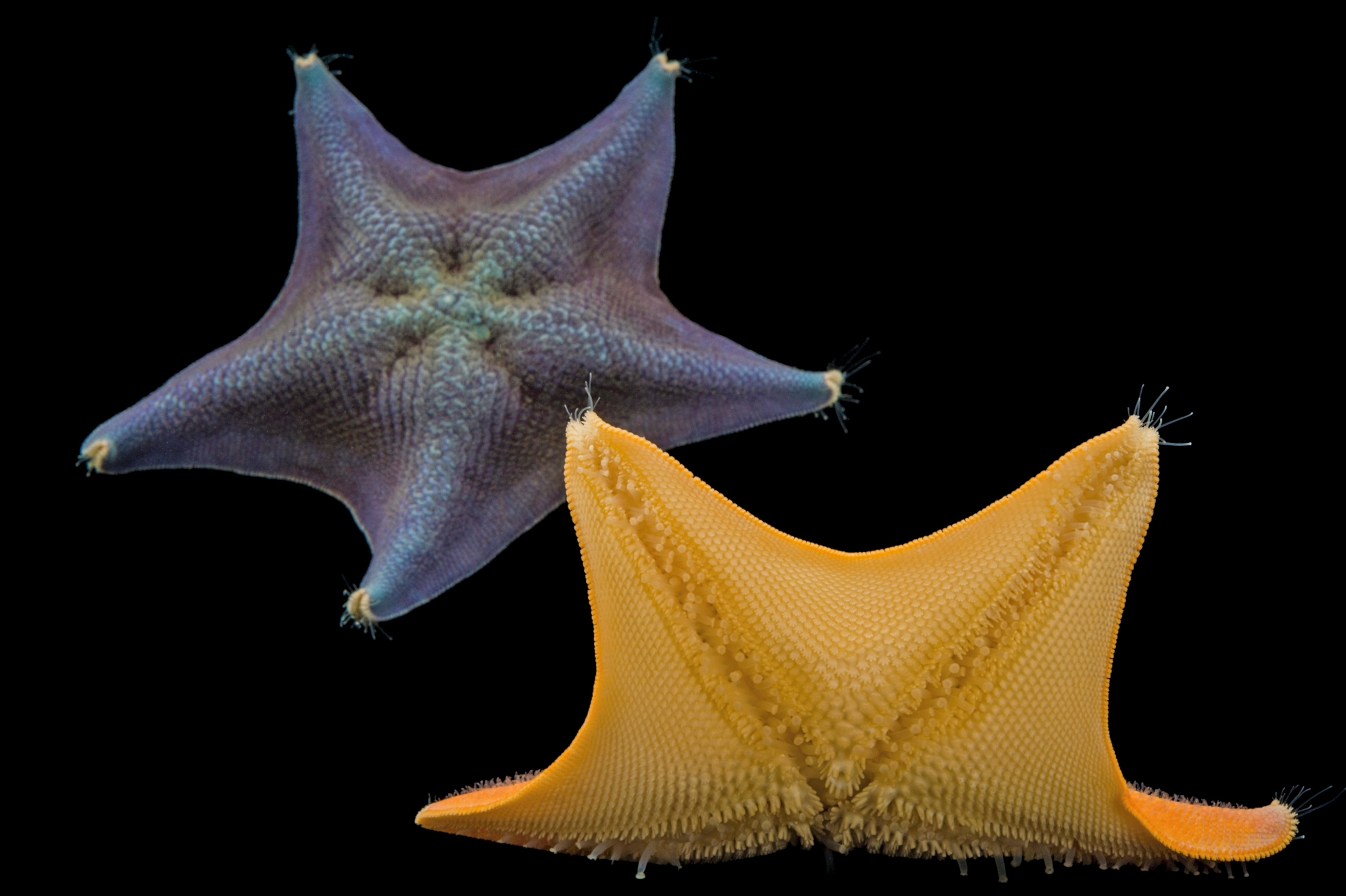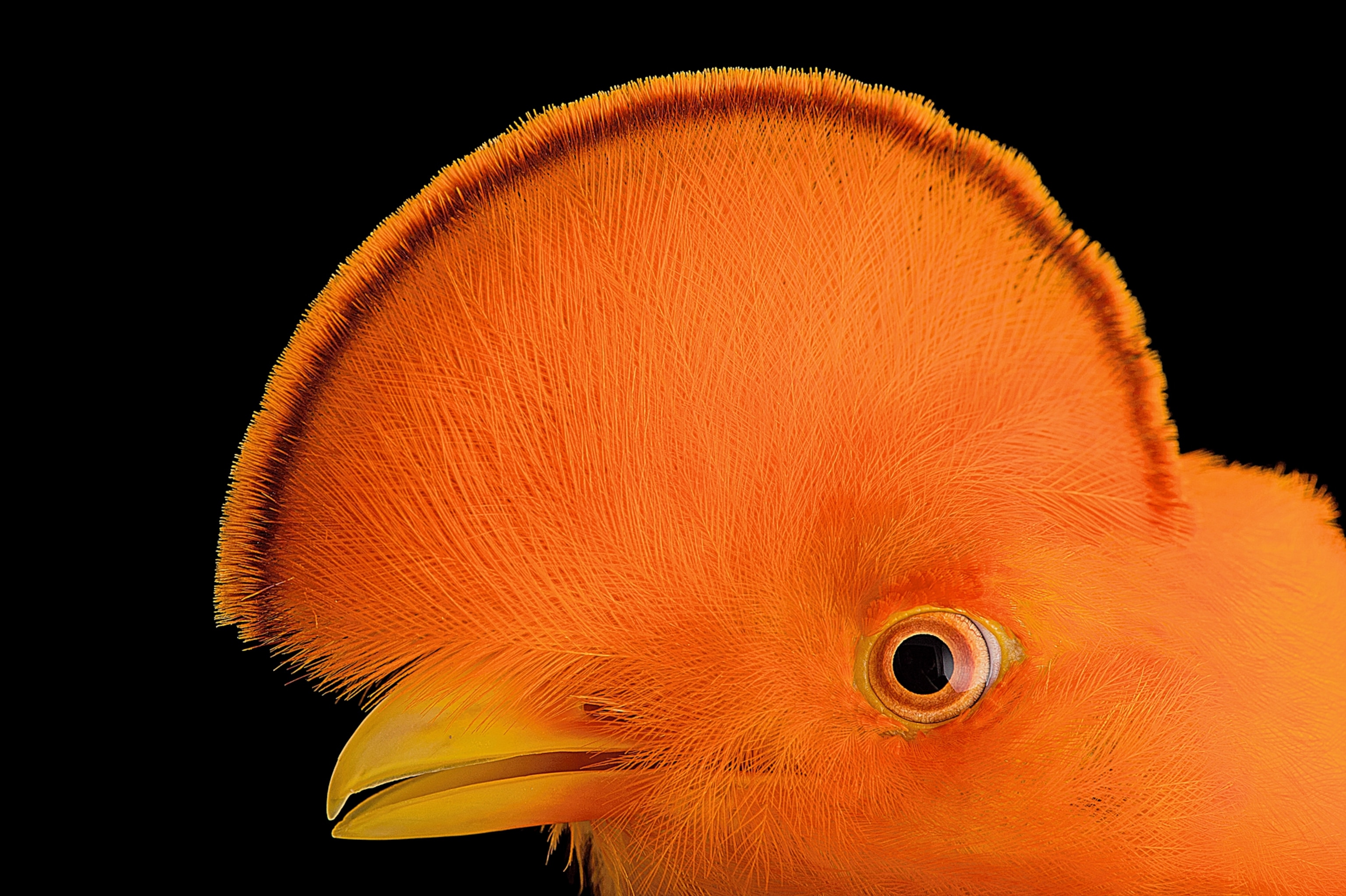Here's What You Need to Know About Half-Earth Day
Scientists say saving the world's species from mass extinction is possible, but it requires urgent action. Here's how you can get involved.
An estimated 86 percent of the world's species may be unknown, and there's a chance they could go extinct before scientists discover them. Species are declining faster than ever, yet 86 percent of them may still be unknown. Studies say the extinction rate is now so high that the Earth is entering its sixth mass extinction.
But one group of scientists has a plan to keep it from getting worse: by preserving half the planet.
That's the amount of protected marine and land habitats these scientists say is needed to save 80 percent of the world's species.
It may seem like a far-fetched environmentalists' dream, but on Monday, a prominent group of scientists unveiled a roadmap to get there at an event called "Half Earth Day."
The idea to preserve half the planet was first articulated by famed biologist E.O. Wilson in his book Half-Earth: Our Planet's Fight for Life. (Read more about the book here.) At 88 years old, Wilson has spent decades fighting for biodiversity (a term he helped popularize).
Wilson credits an early edition of National Geographic magazine with inspiring him to save the ecosystems he says are now under a massive threat from human development and climate change.
So it's fitting that the first time his foundation reveals its "Half-Earth" plans would be at the Washington headquarters of National Geographic, which is cohosting the event with the biologist's E.O. Wilson Biodiversity Foundation.
"Half Earth Day" will feature two large-scale events in which the public can participate.
The first is titled Conservation in Action and will discuss models of land and ocean conservation happening on large scales. The second will feature Wilson, musician Paul Simon, and author Sean B. Carroll, discussing practical steps that can be taken to conserve the environment on such a massive scale. More information on how to see a live stream of each discussion is here.
In his book about the concept, Wilson explains that 80 to 90 percent of all species could be saved if half of the Earth's habitats are set aside for wildlife.
The calculation is based off a theory called island biogeography, which Wilson established in the 1960s with ecologist Robert MacArthur. The theory holds that larger and more diverse habitats would give species a greater chance for survival.
Wilson's foundation now plans to turn these theories into practical steps by mapping exactly where they think these protected habitats should be established, based on species range, distribution, and risk for human impact.
"What we're imagining is a spectrum of purely wild places," said Paula Ehrlich, CEO of the foundation. She referenced habitats as small as monarch buttefly gardens constructed in a person's backyard to wildlife corridors that join two large protected habitats and allow species to move easily between the two.
The foundation also plans to lobby members of Congress to enact more protections for wild environments and species. Those who want to contribute to the Half-Earth project are asked to sign its pledge.

